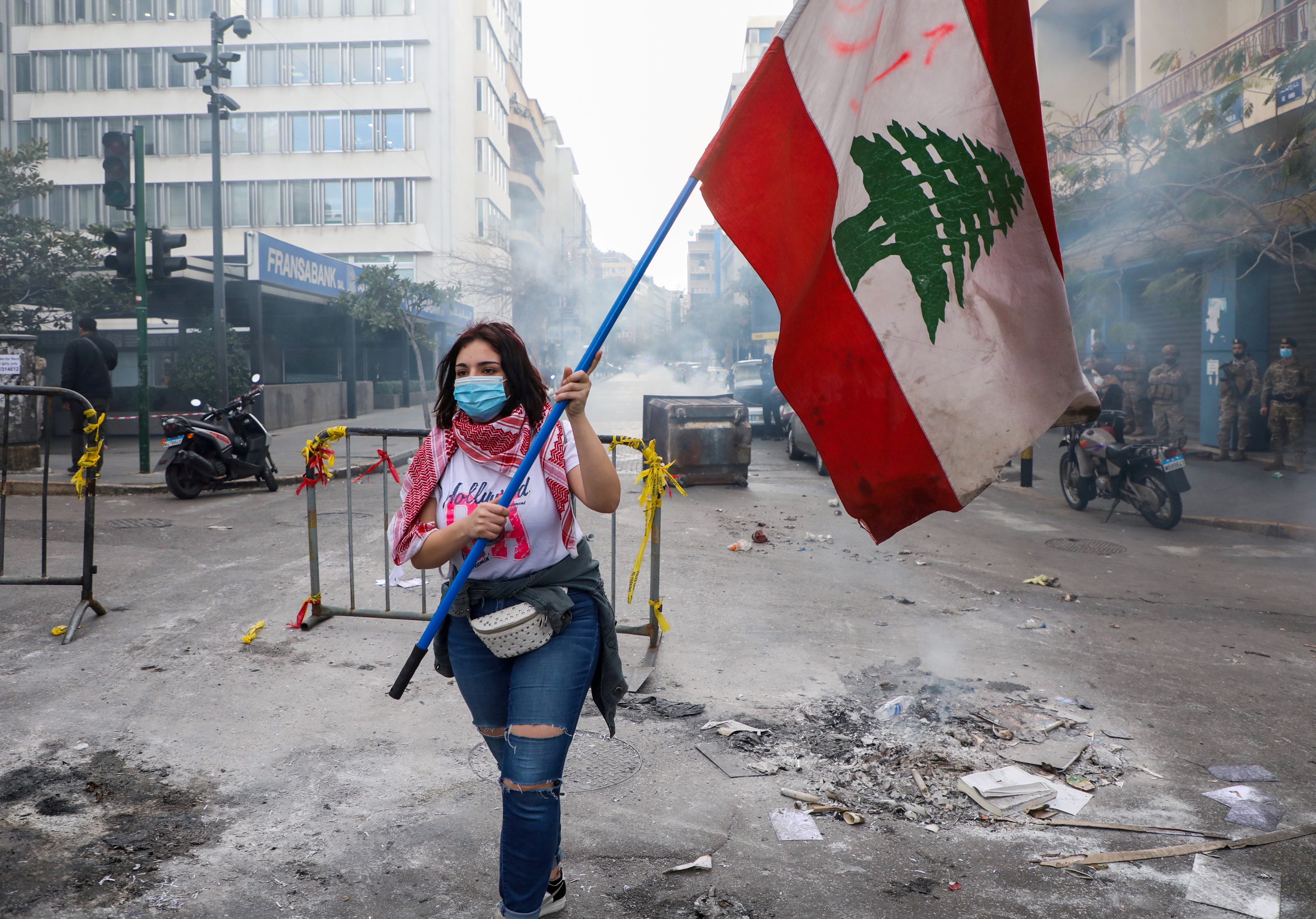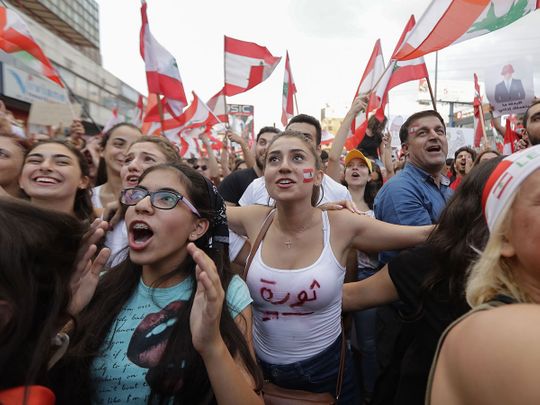For the 25th consecutive year, Lebanon has recorded three-digit number inflation. In July 2021, Lebanon’s inflation rose to 168 per cent and by June 2022, the index had increased by 7.4 per cent. Lebanon’s Central Administration of Statistics’ Consumer Price Index has submitted a report which highlights how the cost of electricity, water, food, gas, and other fuels have drastically increased six times in July 2022.
The country is also currently stuck in the political web. Nearly four months back, political elections were held to select the current cabinet members, despite Lebanon’s ongoing economic crisis.
Experts say that the inflation is a direct result of careless monitoring of retail prices, on the parallel market the fluctuation of the Lebanese pound exchange, the illegal smuggling of imported products, and the end of subsidies on hydrocarbons. All this has to supply shortages while the retail prices have surged.
According to Fitch solutions, the conditions have become so bad that Lebanon is just a whisker behind Sudan to claim the title of “Highest inflation rate in the world.” Last year the inflation rate averaged 155 per cent which has gone up to 178 per cent in 2022.

Transport prices have also risen 4.5 times, health prices have gone up four times since last July. A big impact had been created by the price inflation by three times on food and non-alcoholic beverages.
Lebanon economic downfall
In march 2020, after defaulting on about $31 billion of Euro bonds, the economy had fully collapsed. Lebanon’s currency had sunk more than 90 per cent against the U.S. dollar on the black market.
In 2021, the public debt inflated to more than $100 Billion which is also 212 per cent of the country’s gross domestic product. Between 2019 and 2021, Lebanon’s economy has shrunk at least 58 per cent. From $52 billion in 2019 to $21.8 billion in 2021, the country’s gross domestic product has also decreased.
According to the World Bank, Lebanon’s economic downfall has been the largest out of the 193 countries on its list. The World Bank also reports that Lebanon’s economic downfall is one of the three most severe downfalls in the last 200 or so years. Lebanon also ranks fourth for the highest debt to GDP ratio in the world, only surpassed by Greece, Sudan, and Japan.

The International Monetary Fund bailout program which was to extend $3 billion to the country2 to battle the economic crisis has also been delayed because the political instability of the country is yet to agree upon the formation of a new government. The new president election should also be elected by 31 October this year.
If the IMF is secured properly then further help of $11 billion funds could be provided.
Country’s future
The future for the debt-ridden country is going to be full of financial hardships. It is uncertain when the country’s economic condition will stabilize or at least go back to its pre-pandemic state.













